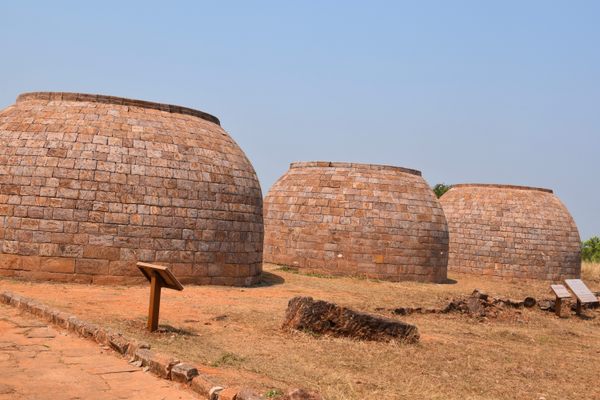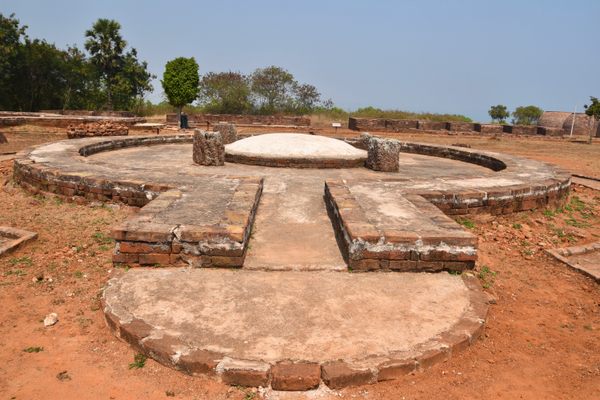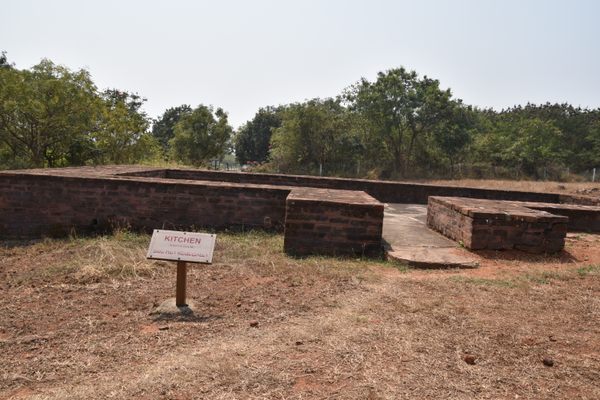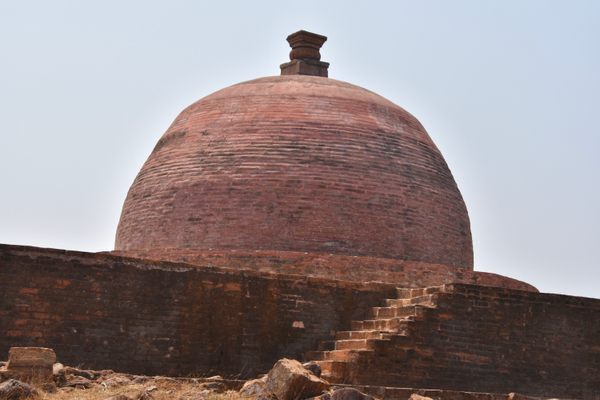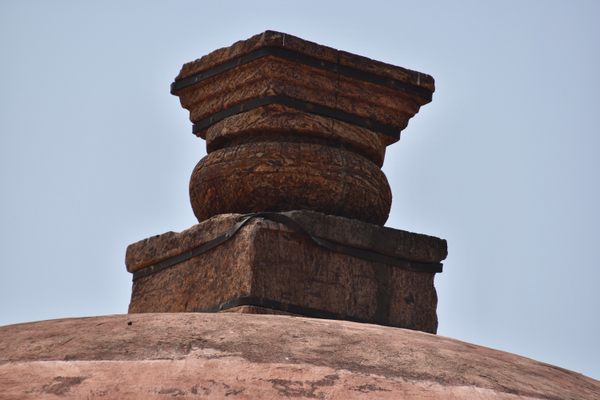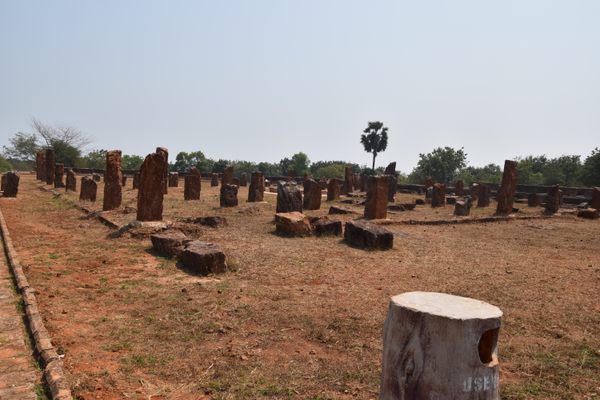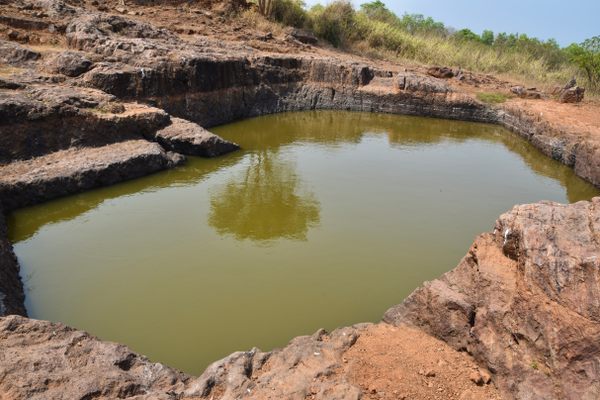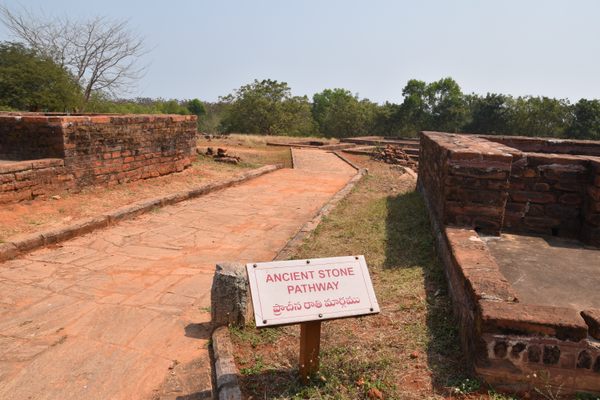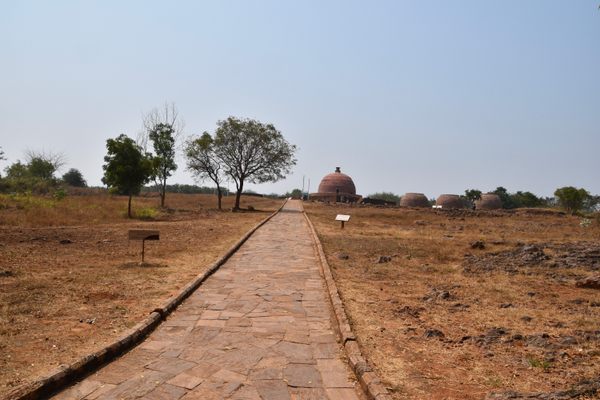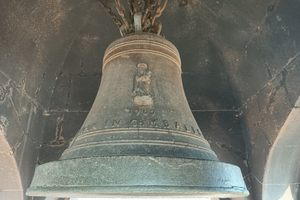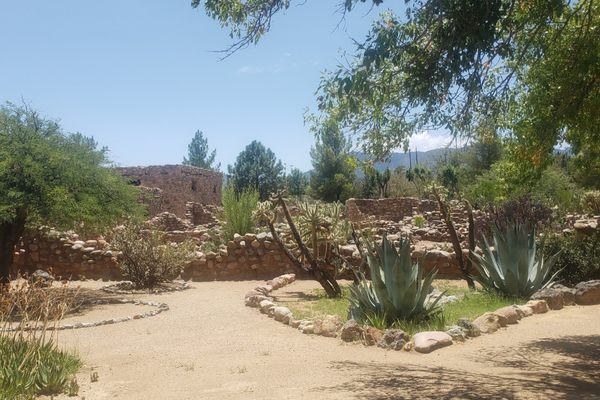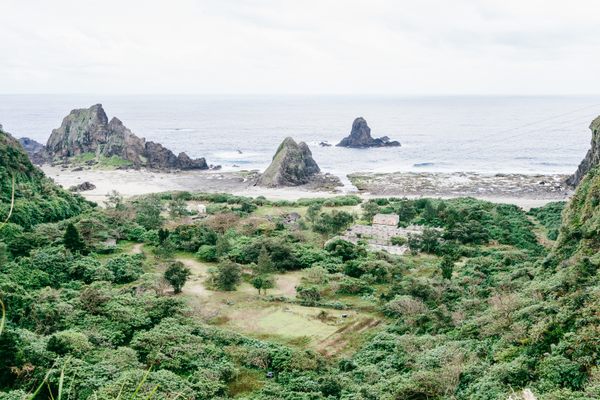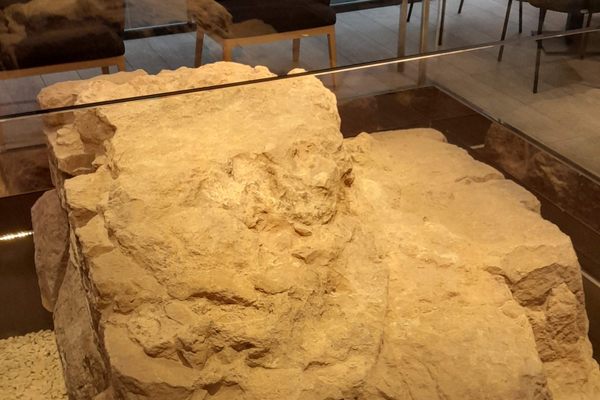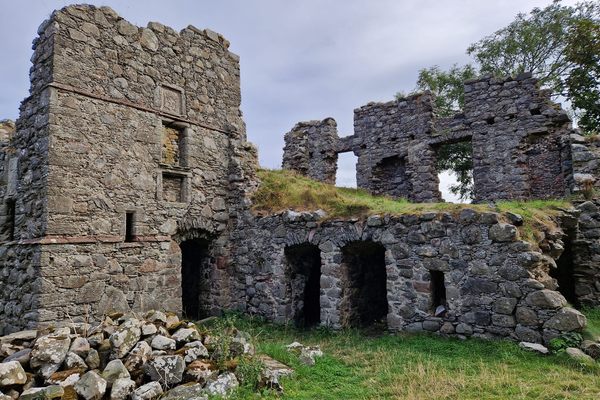About
The city of Visakhapatnam in Andhra Pradesh is mostly known for its many beaches and maritime history, but it is also home to several Buddhist archaeological sites, including the ancient hilltop monastic complexes of Bavikonda and Thotlakonda.
Discovered by the Indian Navy during its aerial survey of the area, the ruins of Thotlakonda were excavated by the state department of archaeology from 1988 to 1993. Among the artifacts found during the excavations were a hoard of ancient coins, mainly consisting of Satavahana lead and Roman silver, indicating that the site flourished from foreign trade between the 2nd century B.C. and the 3rd century A.D.
Archaeological evidence suggests that the monastery was supported by local Buddhists and traders rather than a local ruler, and that it was an important cultural and academic center, with many monks coming over from China and other regions to learn and meditate.
The archaeological complex is composed of stupas, chaitya grihas, and viharas, as well as remnants of a kitchen, a dining hall, and rock-hewn cisterns which gave the site its name (Thotlakonda roughly means “hill of troughs” in Telugu.)
The stupa, also known here as the Mahastupa or “great stupa,” is especially notable and often representative of the complex itself. It was partially destroyed during the monsoon season in 2019, but it was restored to its former glory at the cost of Rs 42 lakhs (approx. $31,000 USD) in 2021.
Currently, the Indian government is planning to submit the Buddhist complexes of Visakhapatnam to UNESCO for consideration for World Heritage status. If approved, the archaeological sites should receive the preservation and recognition that they deserve.
Related Tags
Delhi and Rajasthan: Colors of India
Discover Colorful Rajasthan: From Delhi to Jaipur and Beyond.
Book NowCommunity Contributors
Added By
Published
May 15, 2023
